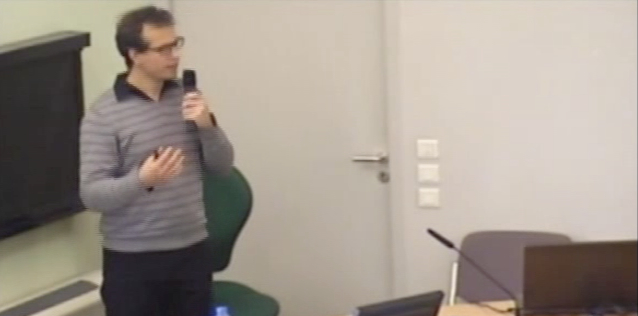I’ve listening to the Skeptics’ Guide to the Universe podcast for a while now, and find it really entertaining, on top of being a healthy weekly dose of intellectual hygiene. Last week’s episode, #484, ended on a quote which struck me, summarizing something I’ve believed for a while, but had difficulty expressing, especially since this train of thought usually leads to some serious anti-democratic ideas. Oh well, one more contradiction I’m happy to live with; for instance, I am also probably both a misanthrope and a humanist, go figure.
Anyway, here’s the quote:
A democratic society, an open society, places an extraordinary intellectual responsibility on ordinary men and women because we are governed by what we think, we are governed by our opinions, so the content of our opinions and the quality of our opinions and the quality of the formation of our opinions basically determines the character of our society. That means in a democracy, in an open society, a thoughtless citizen of a democracy is a delinquent citizen of a democracy — Leon Wieseltier
